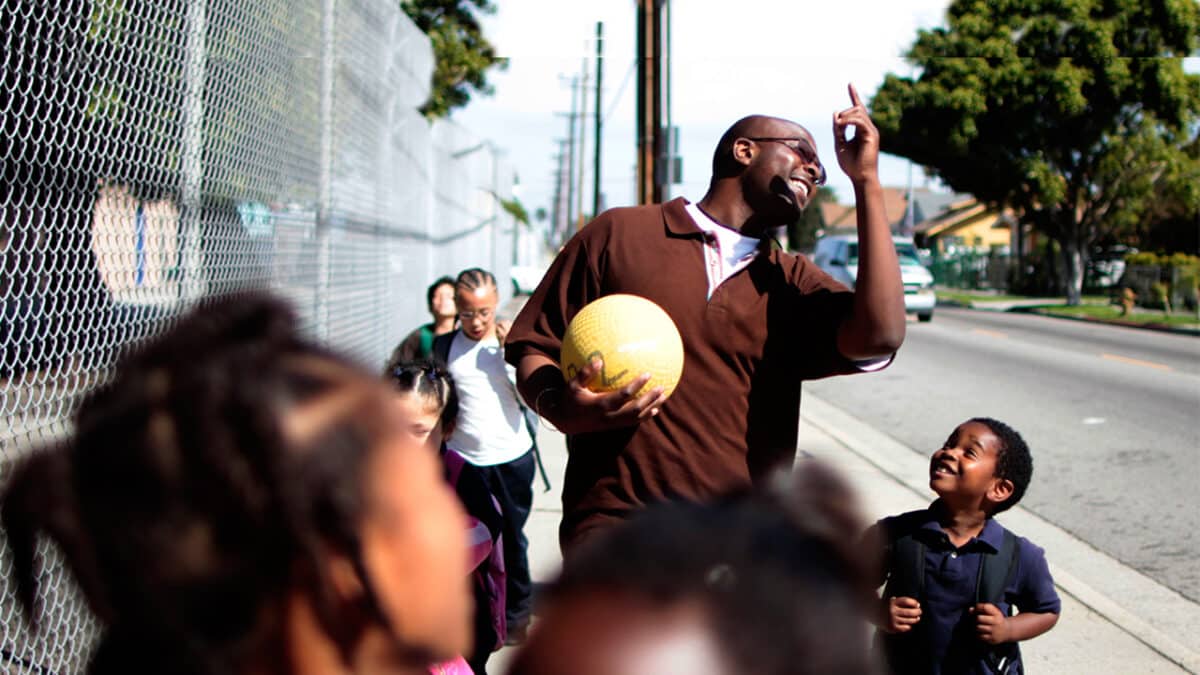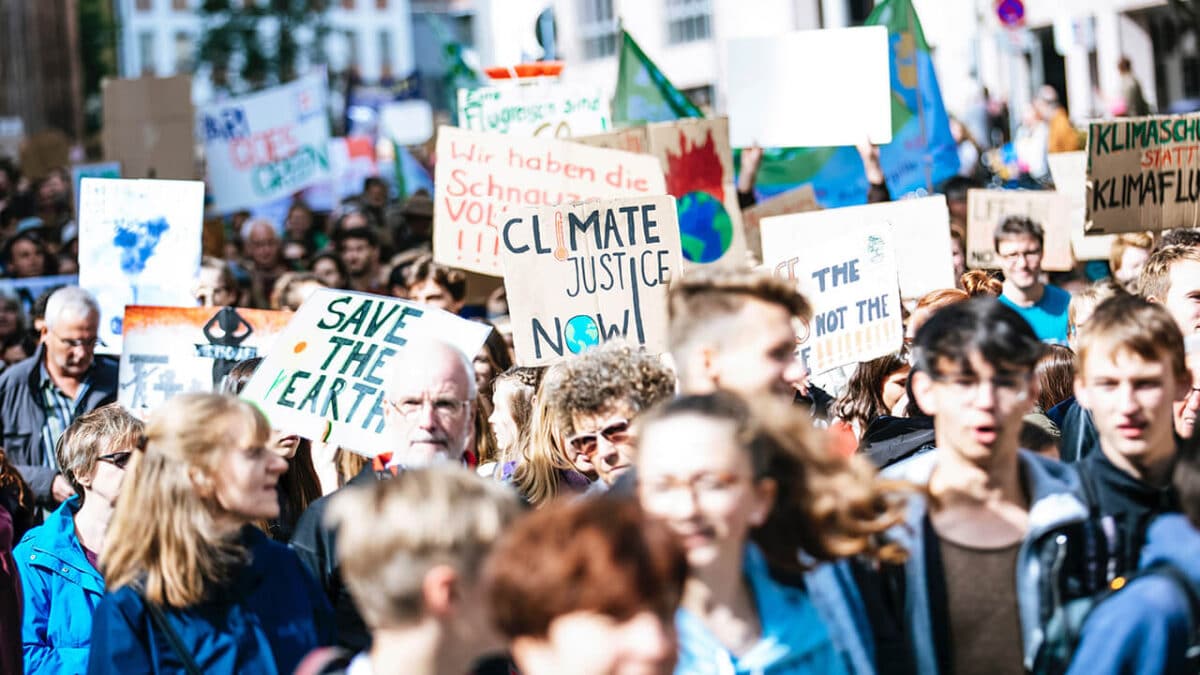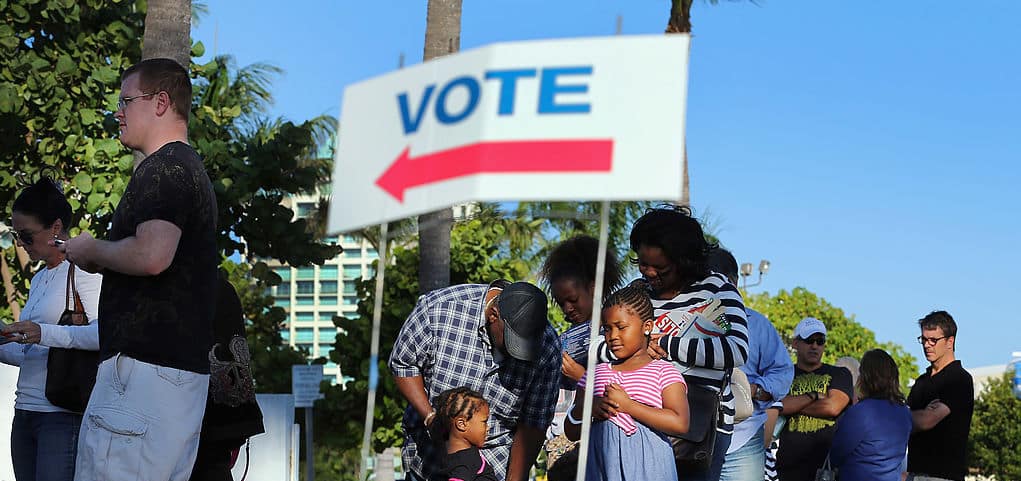
Poverty, Inequality and Opportunity
What role should governments play in alleviating poverty? Can public policy help foster prosperity and equality?
Latest Article
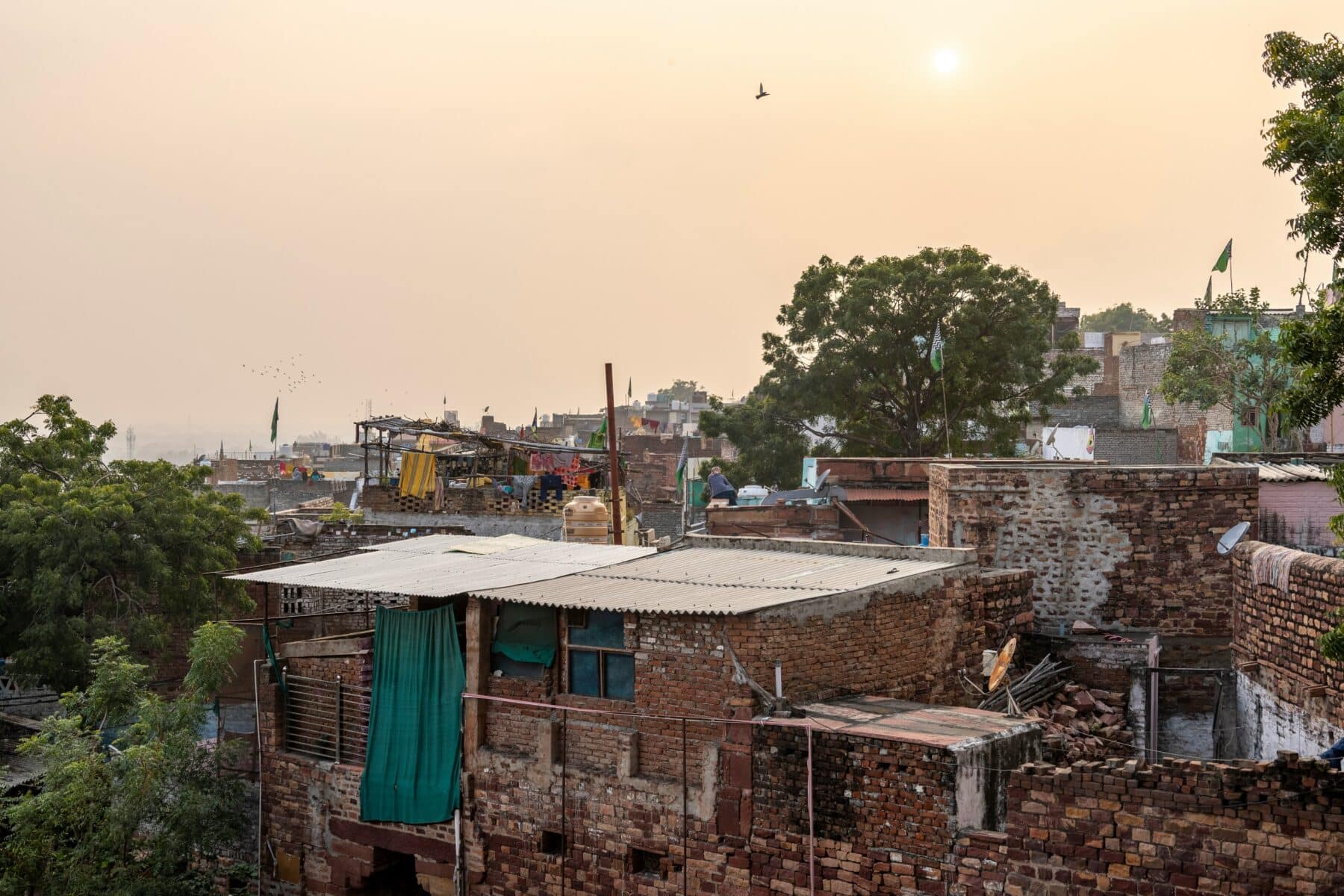
An Effective Public Private Partnership Solution for Addressing Sanitation in Slums: The Suvidha Centers in India
One model to provide sanitation in India's slums is Suvidha (‘convenience’ in Hindi) centers: modern and large community water and sanitation complexes. The centers provide an important service to the community, provide employment, build capacity among workers and are financially sustainable.Explore all Articles
filter by–Region
filter by–Country
search by–Keyword
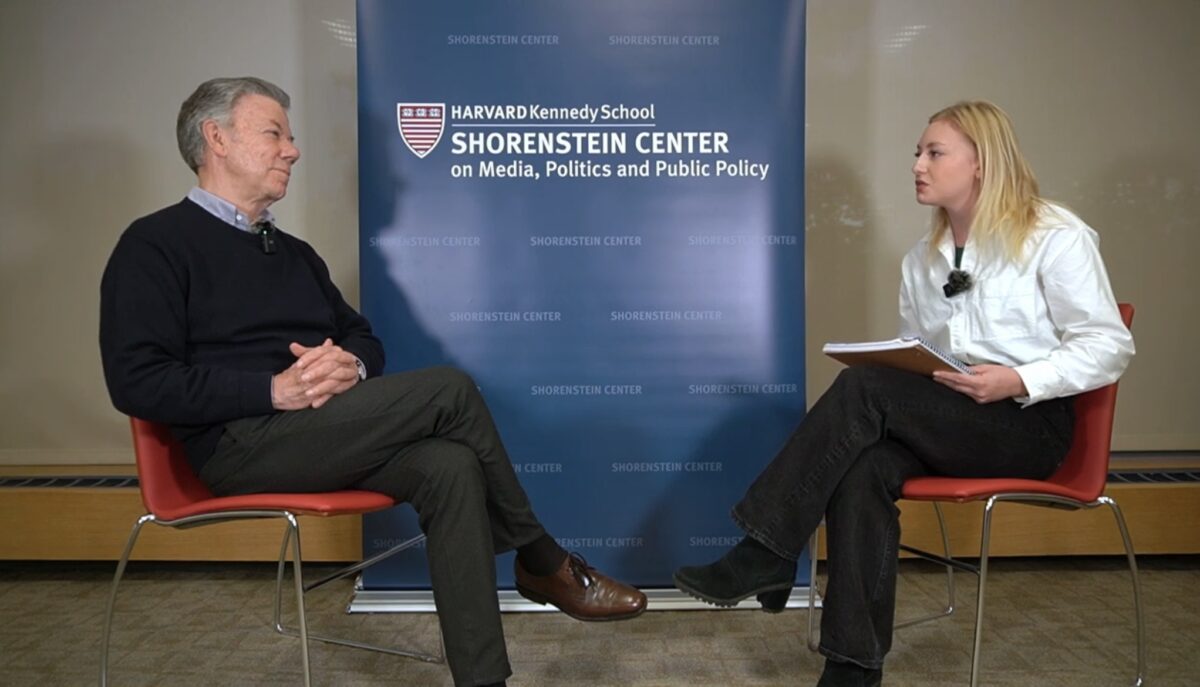
Interview with Former Colombian President Juan Manuel Santos
11.15.23
On November 13, 2023, HKS Student Policy Review Senior Editor Jane Petersen spoke with former Colombian President Juan Manuel Santos. The conversation covered a range of topics including what other countries can learn from Colombia’s peace agreement, poverty alleviation efforts, and the fight against climate change.

Businesses Benefit by Hiring People with Criminal Records
04.6.23
In 2019, Zach Moore was a new software engineer at a San Francisco-based tech company. He showed up to work early, walked around the neighborhood, and cleared his head. Incarcerated at age 15, Zach learned how to quiet his mind while spending 22 years in prison. For decades, he worked on himself and helped others […]
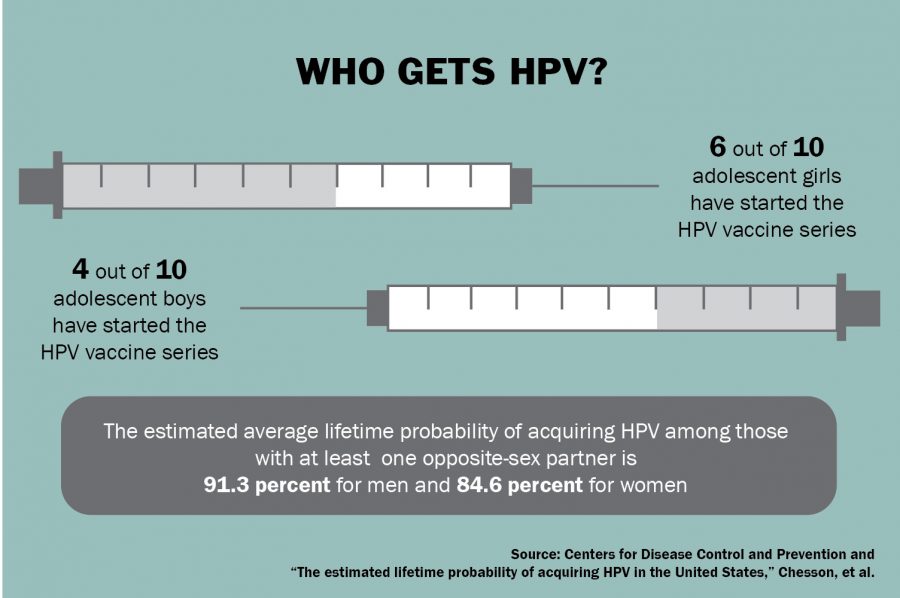
HPV is Not Just a “Women’s Disease”: Men Should get Vaccinated too
11.1.22
HPV has traditionally been framed as a disease that largely affects females, but should males get vaccinated as well? Ng Qi Siang argues that gender-neutral vaccination is more effective than female-only vaccination in terms of cost-efficiency and containing viral spread. He proposes that the government reframe HPV as a disease that affects all genders and move towards a gender-neutral HPV vaccination policy in the near future.

A Primer on Singapore’s Forthcoming Constitutional Amendment to “Protect” Marriage
09.15.22
While the government has announced that it will repeal Section 377A of the Penal Code, it has also sought to protect the definition of marriage from constitutional challenge. Lawyer and activist Daryl Yang explains what the resulting constitutional amendment may look like, as well as what it means to the LGBTQ+ community in Singapore.

Syrians need more than a compassionate plea to renew cross-border humanitarian aid
07.6.21
Over the past weeks and months, numerous think tanks and individuals have published reports and briefs on the looming humanitarian crisis in northwest Syria. [[1]] This déjà vu moment has not been lost on actors and agencies focused on aid in Syria. In mere weeks, the last remaining entry-point for humanitarian aid into northwest Syria […]

Incentivizing equity investments to address disproportionate Latino COVID-19 impacts
04.29.21
One of the accepted horrors of the pandemic is that Latinx populations sustain a disproportionately high burden of COVID-19. Take the city of San Antonio and surrounding Bexar county, for example, whose population is 60.7% Latinx.1 Of the COVID-19 cases and deaths where race/ethnicity was identified in the medical report, 75% of cases and 65% […]
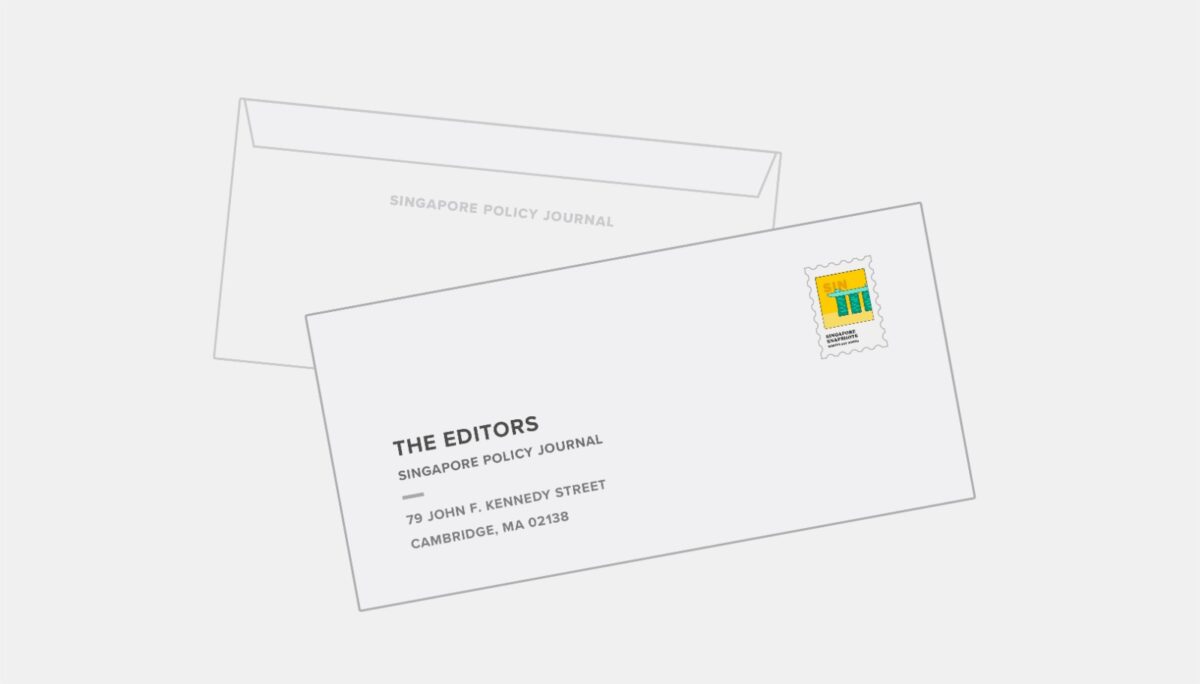
Letter to the Editor: Response to Rethinking Scholarship Diversity
09.21.20
Aloysius Foo responds to our previous article by Andrew Chia, Rethinking Scholarship Diversity: The Pre-U Education of PSC Scholars. In his letter, he highlights the need to go beyond diversity, and explore the deeper issues surrounding Singapore’s social class reproduction, which has created an “Aristocracy of Merit”.
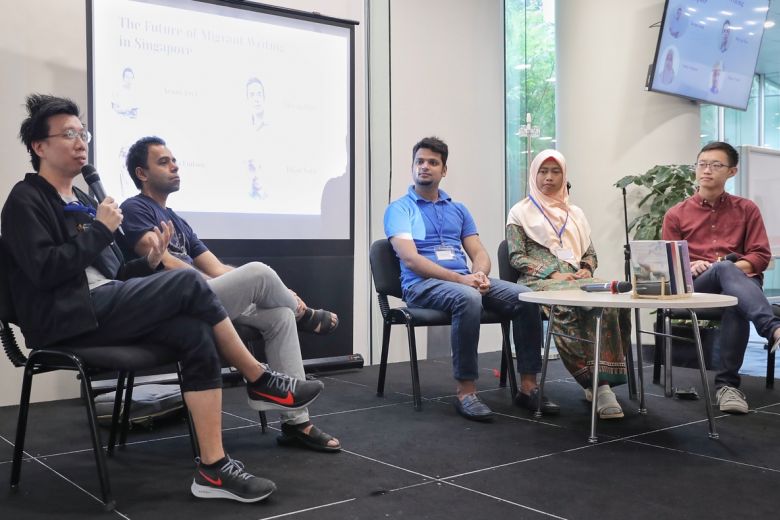
The politics of language: How can we mainstream social justice vocabularies?
06.22.20
How might we mainstream social justice ideas and language, beginning a national conversation that extends beyond more recognised civil society actors? Reflecting on the discourse surrounding migrant rights, Quah Say Jye draws upon philosopher Miranda Fricker’s concept of “epistemic injustice” to propose a shared vocabulary that might allow migrant workers into our linguistic community. He suggests that our semantic choices need to accurately represent the lived experiences of migrant workers, be accessible to them and the general public, and have the potential to pivot towards broader structural critiques.
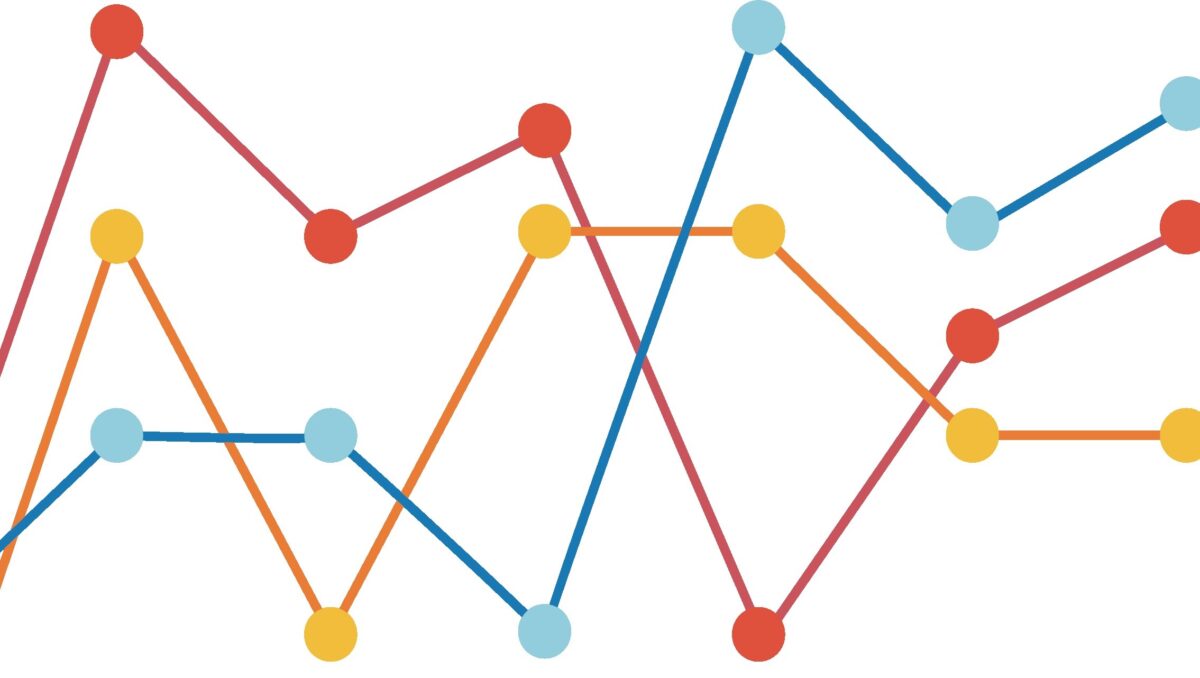
Public Opinion & Political Choices in Singapore: A Survey by Quad Research
05.19.20
Quad Research conducted a survey from 1-4 April 2020 on Singaporeans’ perceptions on a range of societal issues and how their views impact their political choices. This executive summary details some of their research findings.

The Need to Partner Humanitarian Aid and Academic Research in the Middle East
04.18.20
In 2016, I was working at a UNHCR clinic in a refugee camp in South Beirut, Lebanon as a medical assistant. I remember throwing out suitcases full of donated medications, which were all outdated, or otherwise uselessbecause they were not addressing the health problems that we were seeing in the population. What good is a […]
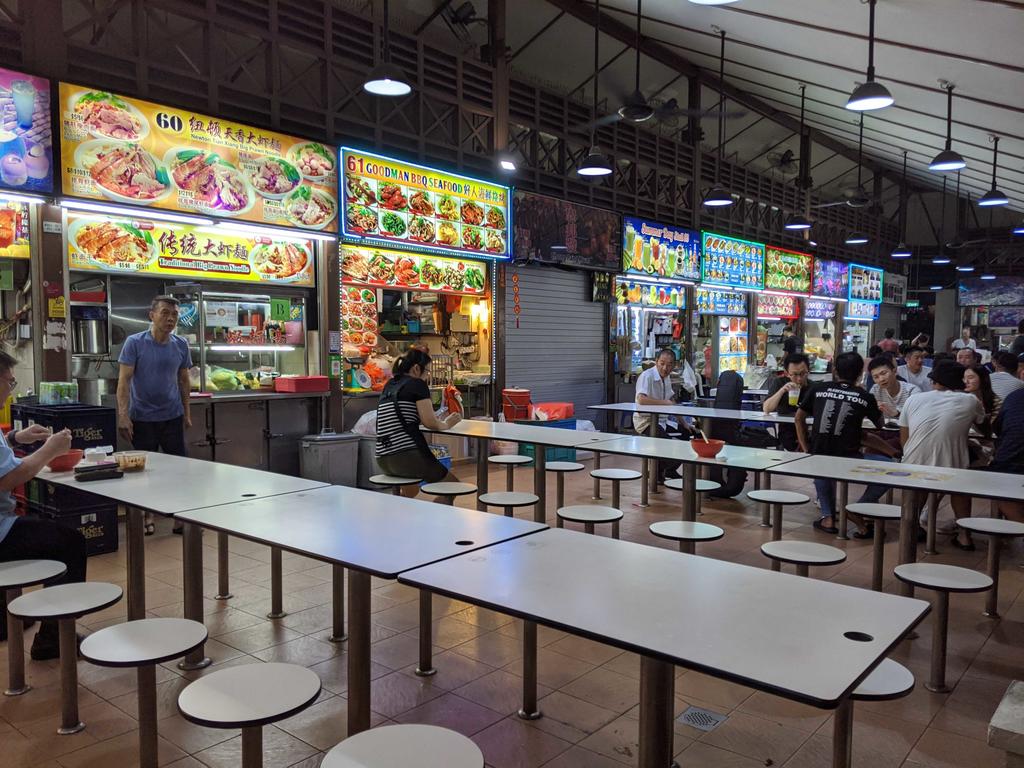
Will There be a Nouveau Poor?
04.5.20
Al Lim looks at how COVID-19 exacerbates existing vulnerabilities that small business owners already struggle with and considers how government support mechanisms can – and should – be deployed to help them cope with both the ongoing effects and aftermath of the pandemic.
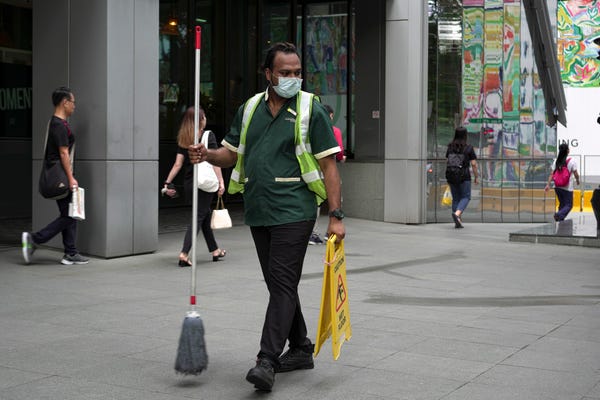
Citizenship in Crisis
03.28.20
What happens to citizenship when crisis disrupts the state’s ability to fulfil its obligations to its citizens, or when citizens find themselves unable to depend on their states for a meaningful guarantee of protection in times of need? Using the emergent COVID-19 pandemic as a lens, Theophilus Kwek considers how states, including Singapore, can do better in caring equally for their citizens – and how citizens can also support each other.
